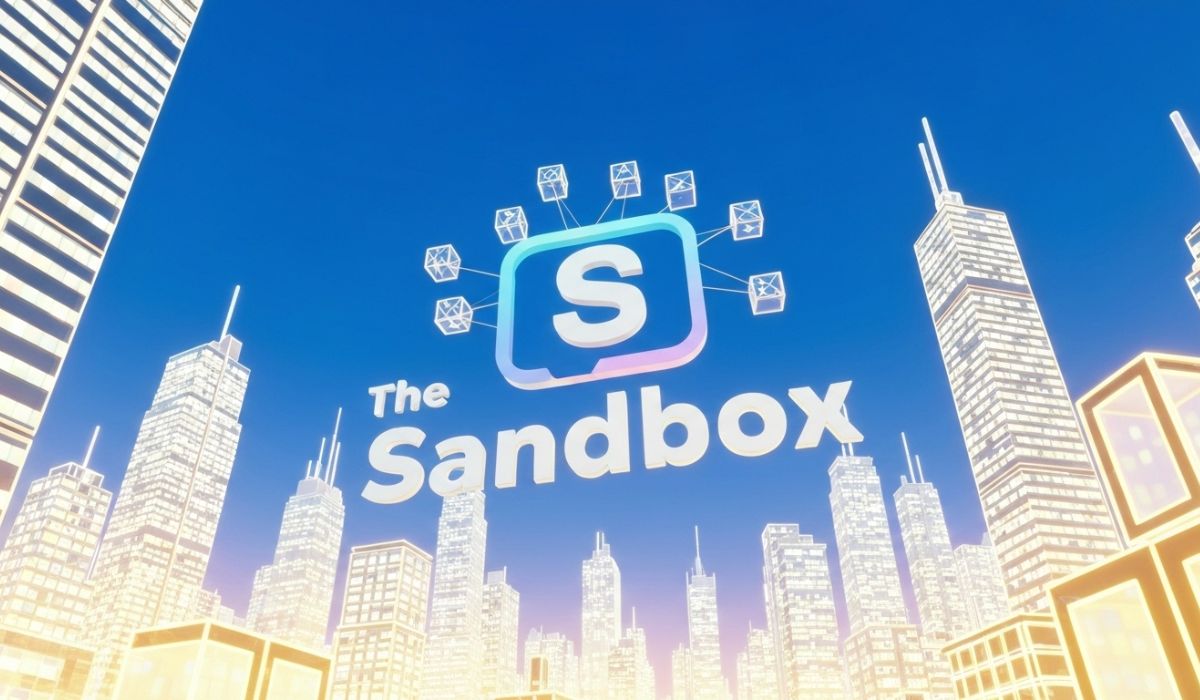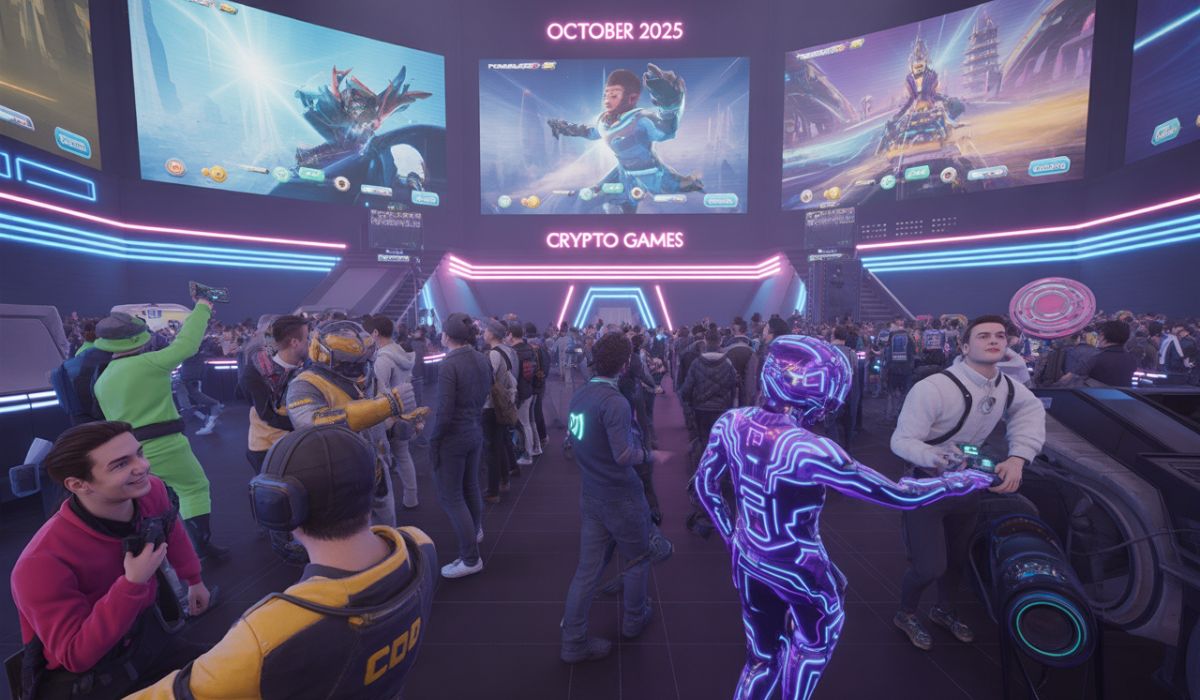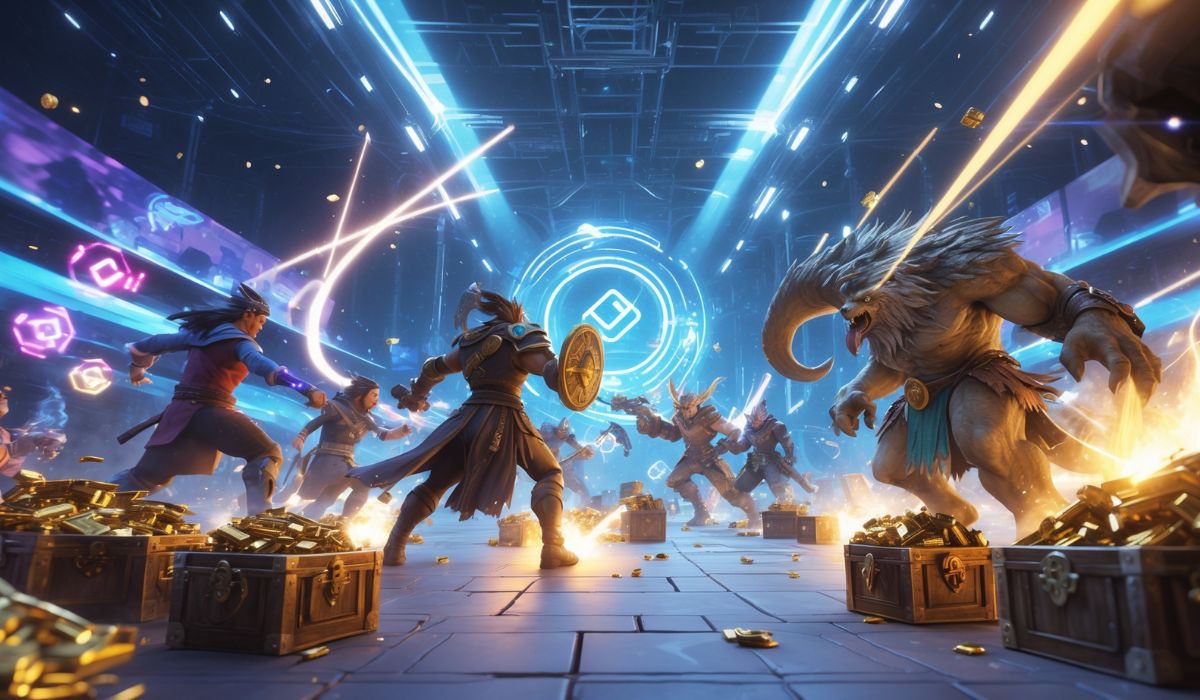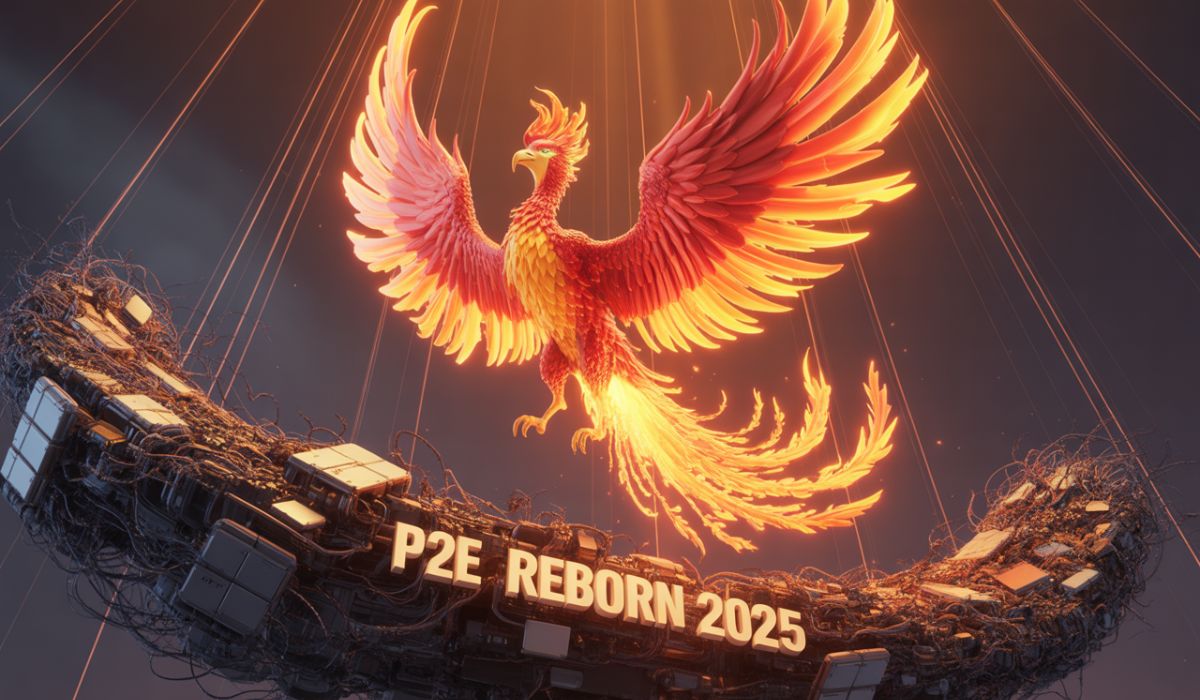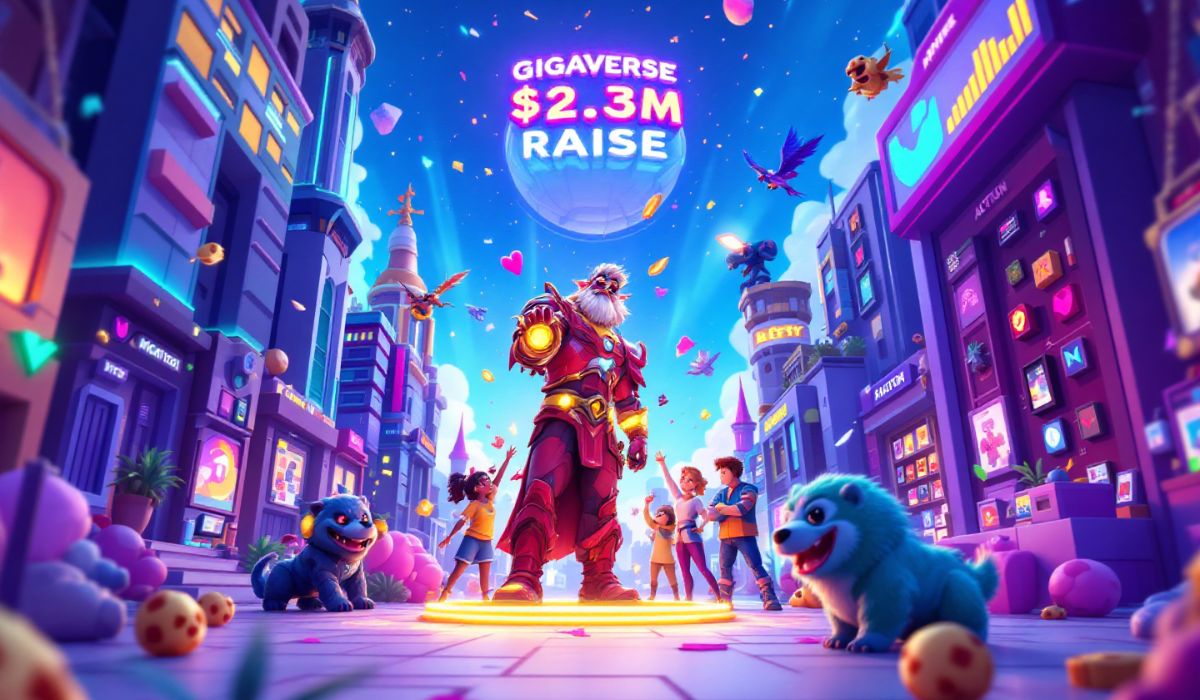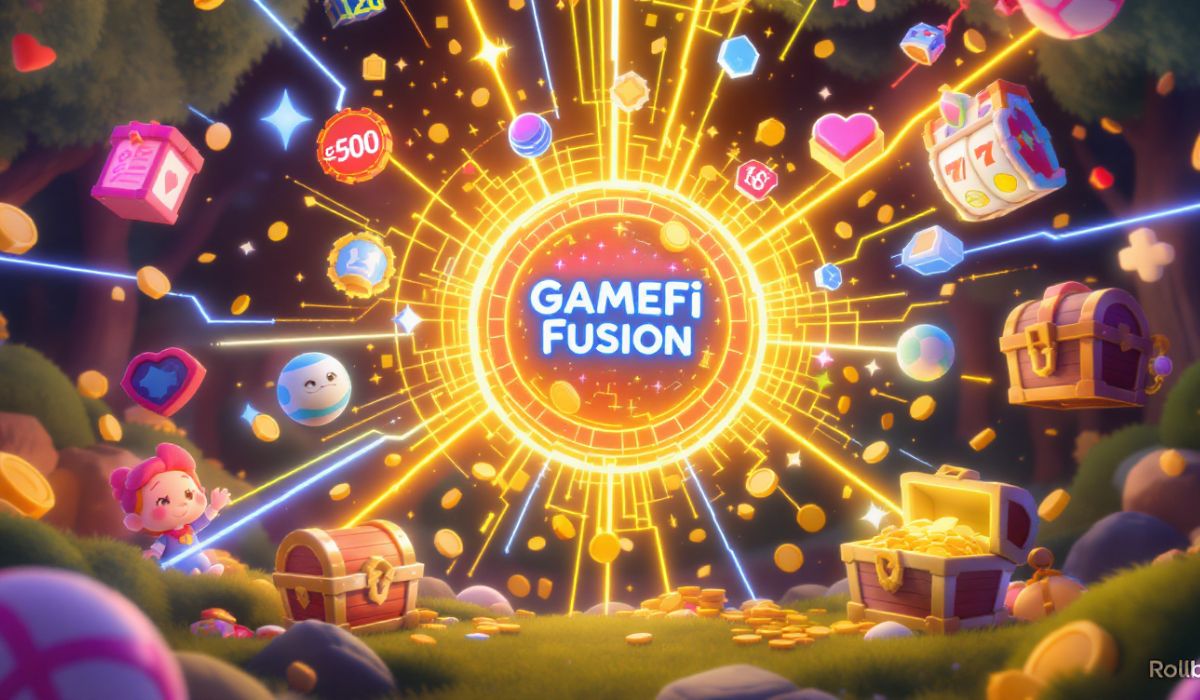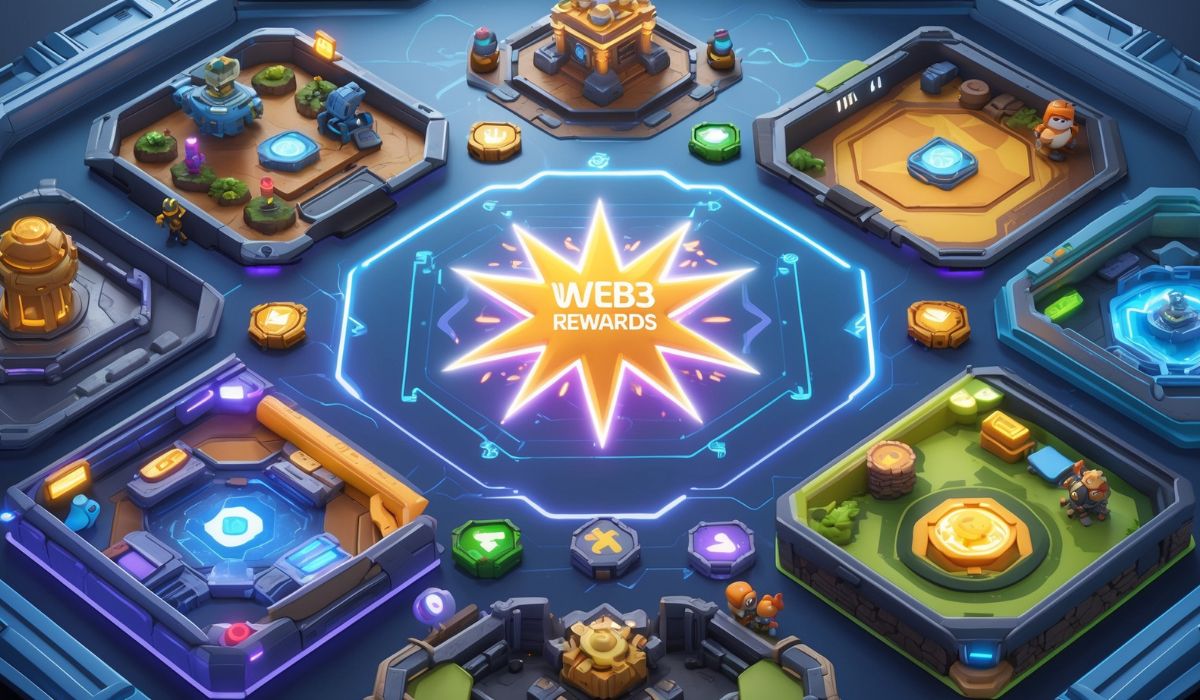
October 2025 marked a major moment for blockchain gaming when Mythical Games unveiled the official trailer for Wildcard, a Web3-powered card battler built on the Mythos chain. The reveal stirred excitement across both crypto and gaming circles because it offered something the sector has long struggled to deliver: a polished, strategy-focused title with real on-chain ownership, rather than a test build or unfinished pitch.
The trailer shows intense card-based combat, cinematic animations and a structure where decks are built from collectible digital cards backed by blockchain ownership. Every card is treated as an asset that can be won, traded or earned through gameplay. Instead of passive point systems, victories are tied to $WILD tokens and NFTs, creating a loop of engagement and value. The preview also teases tournaments and progression systems similar to hit titles like Hearthstone and Magic: The Gathering, but with blockchain infrastructure in place from launch.
🎬 The official Wildcard trailer is here!
🕹️ Play free Oct 13–20 during Steam Next Fest
🚀 Early Access begins Oct 21 pic.twitter.com/gCFASXTAFQ
— Wildcard – Play At Steam Next Fest (@PlayWildcard) October 6, 2025
From Showcase to Public Trials
Beyond the trailer itself, Wildcard’s rollout strategy is what has elevated expectations. Two playtest events are scheduled back-to-back, giving players worldwide a chance to test the gameplay:
- Steam Next Fest: October 14–21, 2025
- DreamHack Atlanta: October 17–19, 2025
Steam Next Fest introduces the game to a massive mainstream gaming audience. Players can download early builds, offer feedback and claim exclusive NFTs tied to participation. This bridges Web2 and Web3 communities without requiring crypto knowledge upfront. DreamHack Atlanta adds a competitive element. As one of the most recognized esports events globally, it brings live playtests, community tournaments and influencer-led sessions. Demonstrating Wildcard in front of esports spectators positions it not as a niche P2E experiment, but as a contender in competitive digital card gaming.
The Mythos Chain Advantage
Wildcard is supported by Mythical Games’ Mythos blockchain a network built for high-volume gaming economies. Low fees and quick transaction times allow card trades and token claims to happen without friction. This positions Wildcard to offer real digital ownership without pricing out casual players.
The Mythos infrastructure also helps prevent one of the biggest failures of earlier play-to-earn models, clunky interfaces and expensive in-game transactions. By using a chain designed around game mechanics rather than financial speculation, Wildcard reduces barriers to entry for both crypto users and traditional gamers.
You’re not bullish enough on the Web3 Gaming Starter Pack.
Off The Grid just dropped their October update featuring huge improvements to the game and exclusive OTG Pro skins.
Reaper Actual released Foundation Pack 1, which unlocks exclusive access to the game.
Wildcard… pic.twitter.com/Lk0FhfHKWj
— Spike 💫 (@SpikeCollects) October 9, 2025
Trailer views crossed 500,000 within days of release, and social channels quickly filled with reactions. For many, the combination of visual polish and structured launch plans marked a shift from previous Web3 titles that leaned too heavily on promise rather than execution. Players pointed to the deck-building strategy, animated showdown sequences and marketplace integration as signs that it could bridge entertainment and ownership effectively.
Alongside optimism, there are measured concerns. Some long-time P2E followers warn that flashy trailers in the past were often followed by slow releases or weak economies. Others want to see whether the token model rewards strategy instead of pay-to-win behavior. The upcoming playtests will serve as the real quality test—mechanics, community response and token balance will all be under scrutiny.
Wildcard enters a market where interest in play-to-earn is resurging. Total value locked in P2E ecosystems has crossed $20 billion in 2025, driven by new formats that focus on gameplay first and tokenization second. The revival depends on projects that can balance accessibility, sustainability and engagement areas where Wildcard is aiming to deliver from day one. If early playtests succeed, the game could become a bridge between Web3-native players and traditional card game fans. With Steam access and DreamHack exposure, Wildcard is positioned to reach gamers who may never have interacted with crypto directly.
To understand the strategic landscape around the launch, the following table outlines the major components driving attention:
| Key Element | Details |
|---|---|
| Developer | Mythical Games |
| Blockchain | Mythos chain |
| Trailer Release Date | October 9, 2025 |
| Token | $WILD (in-game rewards and asset economy) |
| Playtest Events | DreamHack Atlanta (Oct 17–19) and Steam Next Fest (Oct 14–21) |
| Gameplay Model | Card battles with NFT ownership and deck-building strategy |
| Early Engagement | 500K+ trailer views and rising social media participation |
What Comes Next
Short-term momentum will depend on how the DreamHack and Steam Next Fest demos perform. If mechanics are smooth, matches are competitive and the marketplace feels functional without heavy cost barriers, player adoption could accelerate quickly. In that scenario, $WILD token demand could rise alongside broader ecosystem use. Long-term success will hinge on content updates, card balancing, tournament support and secondary market stability. If Mythical Games maintains consistent updates and avoids economic inflation, Wildcard could serve as a model for next-generation Web3 titles.
Rather than leaning on speculation alone, the trailer and playtest strategy suggest a focus on gameplay quality and accessibility at scale. In a market where unfinished launches and abandoned projects have damaged trust, the combination of cinematic presentation, mainstream platforms and token utility positions Wildcard as a legitimate contender for the next phase of play-to-earn evolution.

